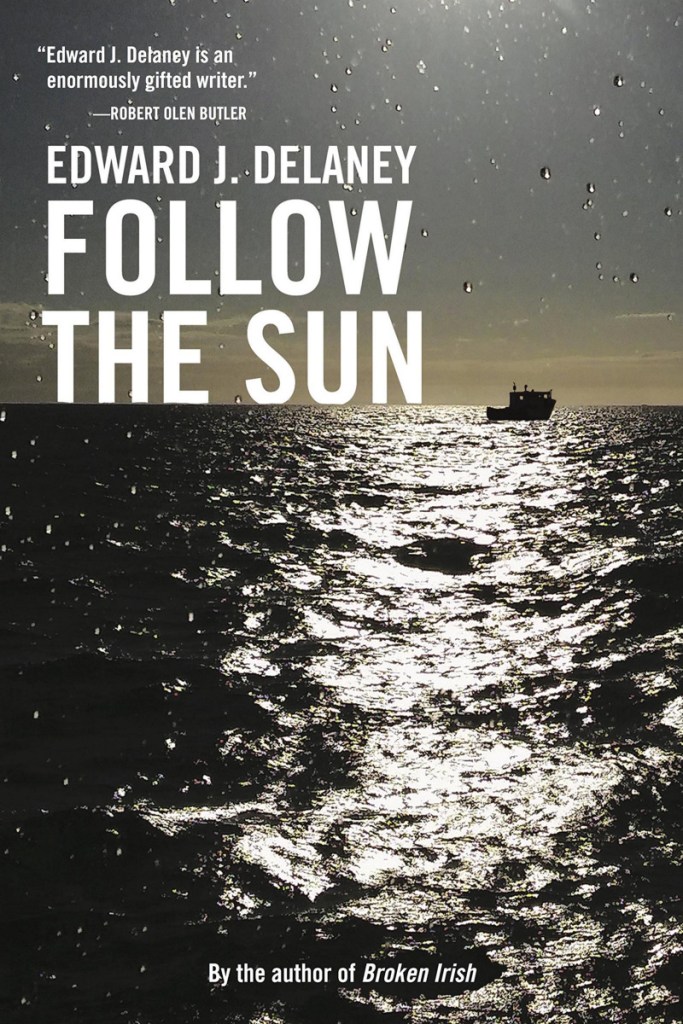When Rhode Island lobsterman Quinn Boyle, along with his crewman Freddy Santoro, goes missing at sea, there are no broken hearts left on shore. Quinn and his ex-wife’s first child, the product of a teen pregnancy, skipped town and out of his life years earlier. Quinn owes his ex-wife, now a bilious alcoholic, back child support for their second kid, Christine, a teenager in whom he has shown paltry interest. To the mind of Quinn’s older brother, Robbie, a divorced sportswriter for the local paper, Quinn’s personal problems have always “hung as a shroud over all their lives, all bad weather that would not clear.”
About a year before Quinn’s disappearance, he was busted for drugs found on his boat after he radioed the Coast Guard for help. Botelho, one of the men on his expedition, seemed to have been swallowed up by the sea. According to the boat’s third crewman, Quinn and Botelho had quarreled about money before the latter vanished, and the former’s ensuing months in prison for drug possession did nothing to diffuse the pall of suspicion surrounding him as the likely agent of Botelho’s disappearance. Robbie is among those still wondering what went down that night. Even in the cyclonic Quinn’s absence, Robbie, who has never really gotten over failing to make his college hockey team, finds himself “eternally on the sidelines” of his notorious brother’s life.
In the year following Quinn’s disappearance, Robbie has kept his head characteristically down. This changes when he gets a tip that Freddy Santoro is alive and living in Oregon. Could Quinn be with him? Robbie launches a one-man investigation that requires traveling considerable miles outside his comfort zone. He’s spurred in part by what feels like an obligation to do right by Christine, whom he has taken into his home while she hobbles through her first year of community college.
The stealthy, quietly captivating “Follow the Sun” plays like a mystery novel powered by the brotherly tension that has been simmering since childhood, when Robbie’s and Quinn’s contrasting temperaments – the former a straight arrow, the latter a loose cannon – put them at constant odds.
At one point in the novel, Robbie recalls the time young Quinn provoked some costumed re-enactors at Plimoth Plantation, where the boys’ parents foolhardily attempted a wholesome family outing. The re-enactors retaliated against not the deserving Quinn but the blameless Robbie, who, to Quinn’s terrific amusement, suffered a “Colonial wedgie.”
Employing points of view that wander among Robbie, Quinn and Christine, Edward J. Delaney, who has several other works of fiction to his good name, honors his laconic characters by skipping the cathartic confrontations that are staples of the family saga. Anyway, it’s dawning on Robbie that his true adversary may be himself. It pains him to consider now: Are he and Quinn really so different, with their defunct marriages and insufficiently fathered daughters and go-nowhere jobs and forever lack of gumption to try a new path? It’s not lost on Robbie that he isn’t the brother who managed to find a way out.
Nell Beram, coauthor of Yoko Ono: Collector of Skies, has recently written for the New York Times Book Review and L’Officiel.
Send questions/comments to the editors.



Comments are no longer available on this story